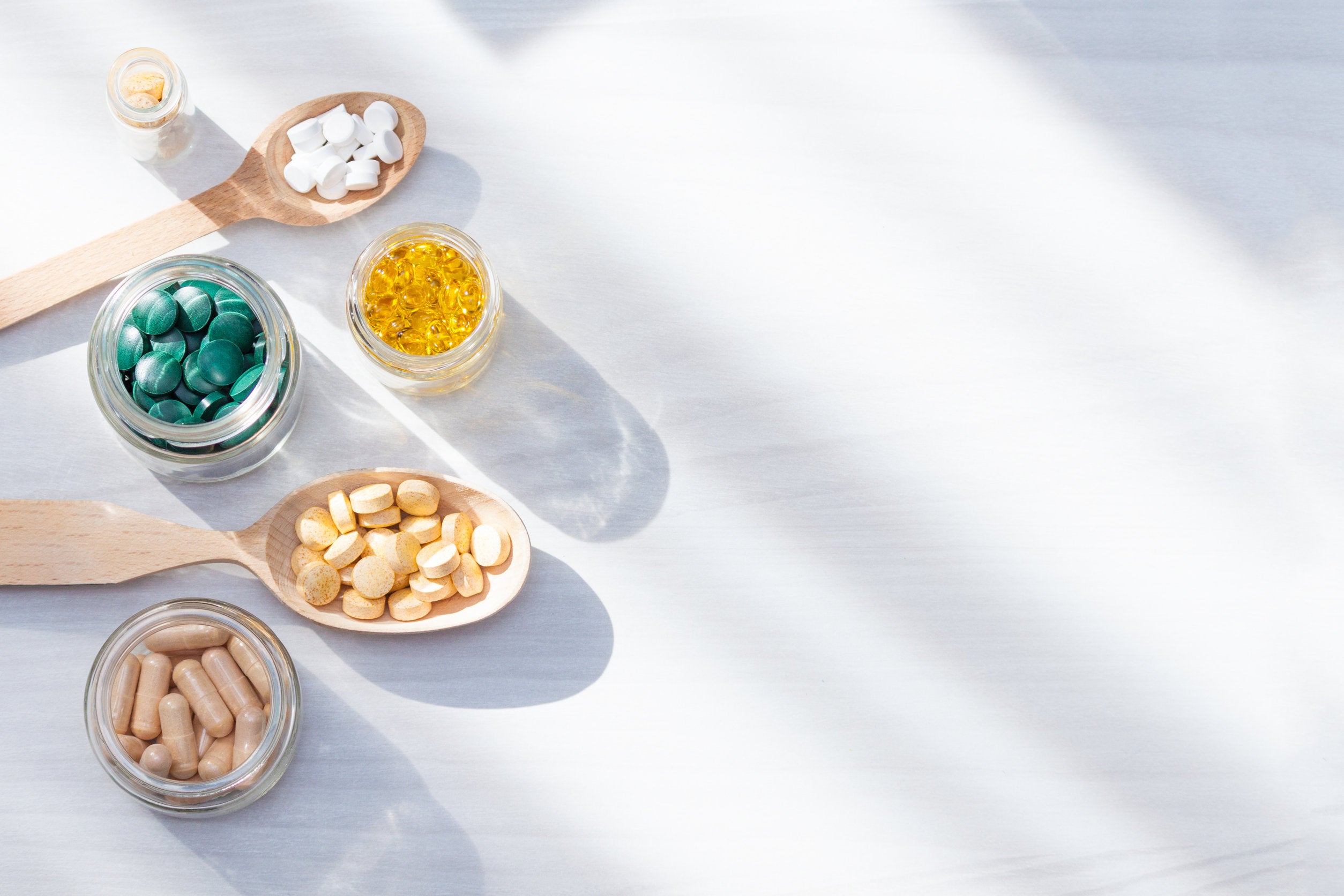Principles of Chinese Herbal Medicine
Chinese folk medicine uses herbs in the same way that medicinal herbs are used in Western medicine. The sorts of herbs you might encounter include astragalus, ginger, licorice, Panax ginseng, and schizandra.
The sorts of conditions that Chinese traditional herbs are used to treat include allergies, as a cancer treatment support (not primary), cardiovascular disease, chronic fatigue, constipation, colds and flus, coughs, symptoms of dementia, diabetes, epilepsy, infertility in women, insomnia, irregular menstruation, irritable bowel syndrome, menstrual pain, muscle spasms, osteoarthritis, respiratory infections, sexual dysfunction in men, stress and anxiety, tension headaches, and weight loss.
In all Chinese medicine, health is believed to exist as a representation of balance and energy flowing through the body. This vital energy is called ‘Qi’ and it is balanced by yin and yang, relationships between antagonists.
Where there is an imbalance in the body, in Chinese medicine, this is when a practitioner will employ TCM supplies to bring the body back into harmony. Acupuncture. Cupping. Chinese herbs. There are various ways to do this.
Diagnosing an issue, unlike Western medicine’s approach with analytical testing, is done by listening to the body. Various parts of the body are observed and with that, a health diagnosis gets produced.
Medicinal Chinese herbs are generally divided up into four categories.
- ‘Ministerial herbs’ are used to address the principal pattern of a disease.
- ‘Deputy herbs’ address any co-existing conditions and heighten the potency of the ministerial herbs.
- ‘Assistant herbs’ reduce the side effects of the first two classes of herbs.
- ‘Envoy herbs’ direct this therapy to a specific part of the body.
Analyzing the Effectiveness of Chinese Herbs
There are herbal formulas to treat various conditions. There are lots of studies supporting the impact of Chinese medicine herbs and in many cases, Chinese herbs are found to be just as effective as more common Western treatments but with less risk.
That said, you really do need to know what you’re doing when preparing Chinese herbs. A practitioner should be certified and have training in herbal medicine. To treat many of the conditions mentioned, the ingredients list can be quite complex. Too much of one thing or excluding another can result in not necessarily harm but a lack of effectiveness.
To this last point, Chinese herbal medicine is not just plant products and though they are predominantly natural ingredients, in higher doses, they can turn toxic just like any other medicines. Ensure you are receiving treatment from someone you trust and who has the knowledge to instruct you correctly on how to use Chinese herbs for health.
There are lots of places to buy Chinese traditional herbs and TCM supplies in Canada, with Lierre.ca being a go-to online store. This month, for a limited time, they have some amazing Black Friday deals and Cyber Monday Deal on Chinese herbs and are worth a look for any practitioner looking at supplies.

